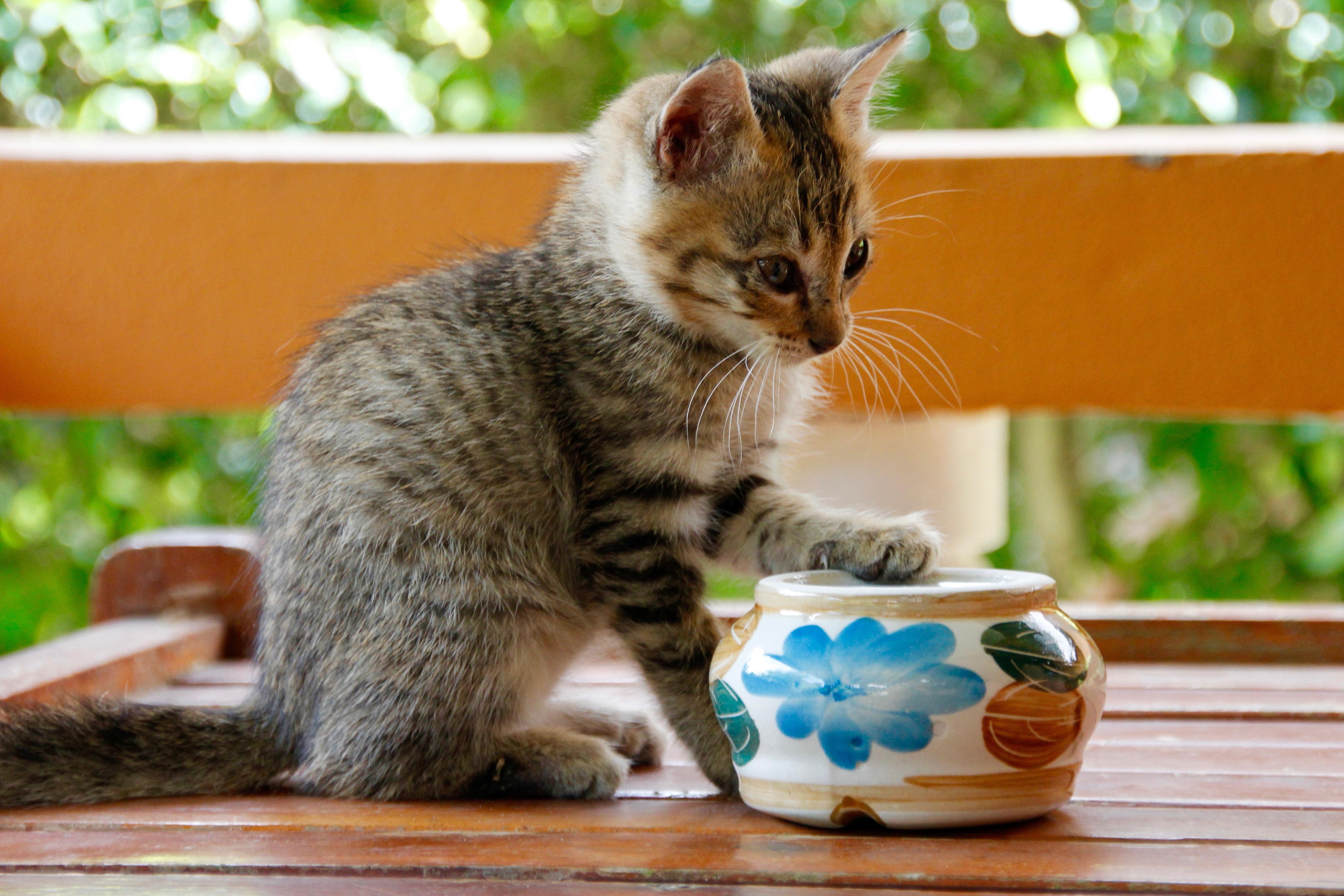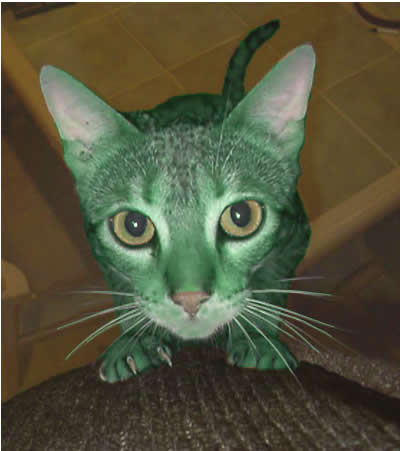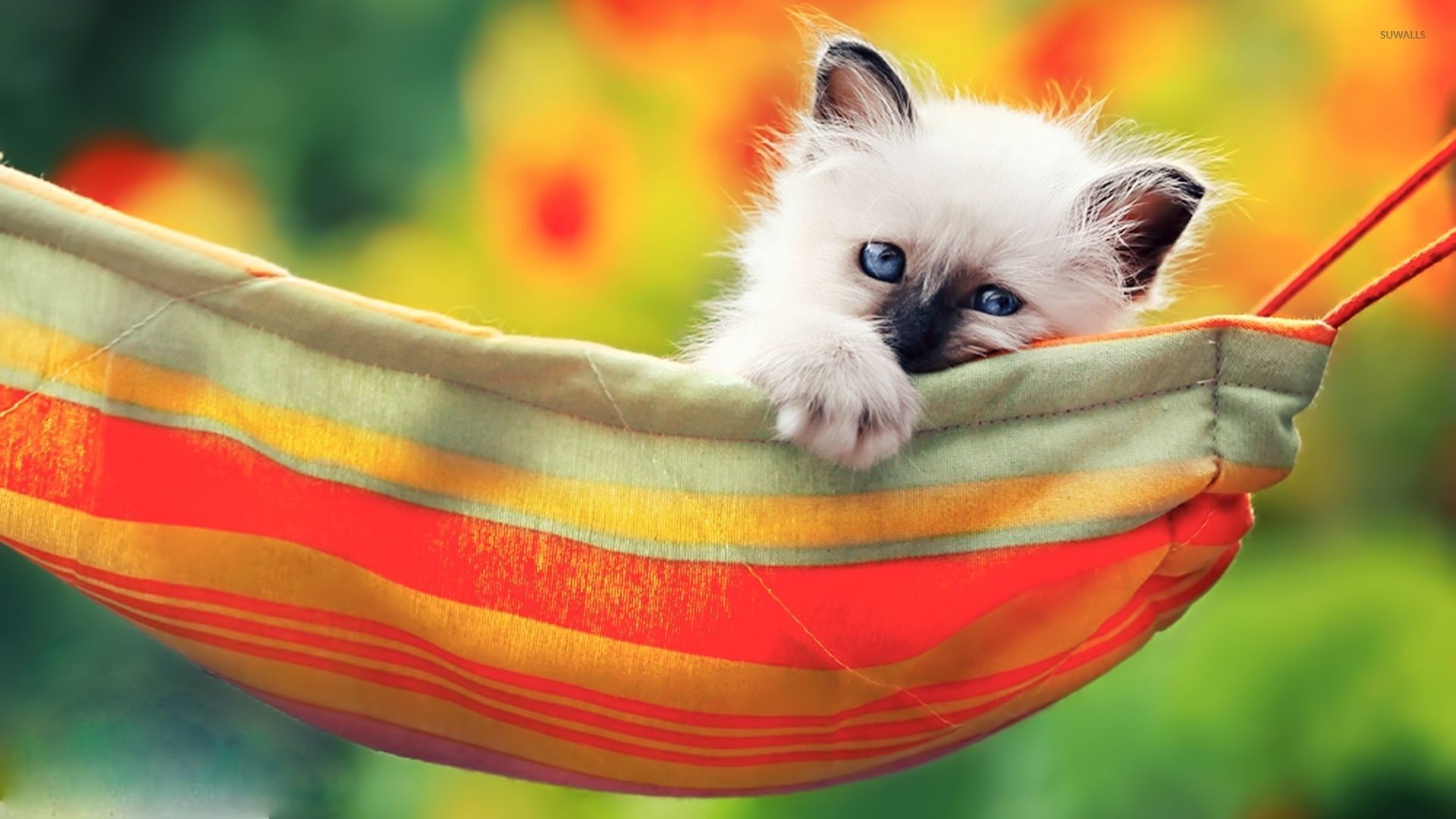Cats In Spring - Jumping Animals Cat Grass Cats Cute Jump Desktop Wallpapers Highest Thedestinyformula
Free Picture: Domestic Cat, Cute, Playful, Outdoor, Wood.
Many cat owners like to grow cat grass for their cats. This adds essential fiber to your cat’s diet, which can help prevent the formation of hairballs and help your cat’s digestive system function at its best.
The types of grasses that you’ll find will vary depending on the brand that you buy, but they’ll typically include barley, flax, oats, wheat, and rye.
You might like the sound of cat grass but be less keen on having pots of soil around the house that your cat might try to dig into and make a mess. The good news is that you can grow cat grass without any soil at all!
There are two main methods that you can use to grow cat grass at home without soil, and we’ve outlined them in these step-by-step guides.
Method 1: Using grow stones
Grow stones are made from natural clay and offer a suitable soil-free surface for your cat grass to grow on.
Materials: Glass jar
Glass jar Grow stones
Grow stones Paper towels or a coffee filter
Paper towels or a coffee filter Cat grass seeds
Cat grass seeds Filtered water
Step 1: Fill your glass jar ¾ full with grow stones Step 2: Place two paper towels or one coffee filter on top of the grow stones, cutting these to fit the size of your jar if necessary. Step 3: Sprinkle a thin layer of the cat grass seeds on the top of the paper towel or coffee filter. Step 4: Fill the jar with filtered water until the top layer of the water is touching the paper towel or filter, making the seeds damp but not waterlogged. Step 5: Top up the level of the water each day. Step 6: After 3-5 days, you should start to notice the seeds beginning to sprout. By day 10, the cat grass should be ready for your cat to eat! At this point, you can allow the water level to drop a little, as the roots of the grass should be established. Make sure the water touches the roots. Step 7: Refresh that water once per week, and as your cat starts to eat all the grass, plant a new jar and start the cycle again!
Method 2: Using water beads
Water beads absorb and hold water, with the added benefit that they come in all sorts of colors and sizes. You can create an eye-catching display while offering yummy cat grass for your felines to enjoy.
Materials: Glass jar
Glass jar Water beads
Water beads Paper towels or a coffee filter
Paper towels or a coffee filter Cat grass seeds
Cat grass seeds Filtered water
Step 1: Fill your glass jar ¾ full with water beads. We like to vary the colors to match the seasons. Black and orange look great together for Halloween. Green, yellow, and pink look fresh for spring, and of course, use red and green for Christmas! Step 2: Fill the jar with filtered water until the top layer of the water is at the top of the water beads. Step 3: Place two paper towels or one coffee filter on top of the water beads. You can cut these to fit the size of your jar. Step 4: On the top of the paper towel or coffee filter, sprinkle a thin layer of the cat grass seeds. Step 5: Every day, top up the level of the water. Step 6: You should start to notice the seeds beginning to sprout after 3-5 days. The cat grass should be ready for your cat to eat around day 10. You can allow the water level to drop a little at this point, as the roots of the grass should be established. Ensure that the water still touches the roots. Step 7: Refresh the water once a week, and plant a new jar and start the cycle again when your cat starts to eat all the grass.
Featured Image: QueenNuna, Shutterstock
I have often caught my cat, Curie, coming in after a long day of doing cat stuff with blades of lawn grass stuck in her jaws and whiskers, or I have come into the kitchen and caught her nibbling on my tray of wheatgrass growing on the counter. Sometimes she will vomit afterward, sometimes not. What could this mean? Why is she eating grass? Will it hurt her? Is it a sign that my cat is sick?
The reason most cats eat grass and then proceed to regurgitate is because it helps aid in their digestion. You see, cats lack certain enzymes that digest vegetable matter; so, the fibers in grass act as a cleanser for a cat’s stomach, pulling out matter that the feline may be struggling to digest such as hairballs. Sometimes, the cat may resist vomiting in order to cleanse their intestines, making the grass work as a natural laxative. In short, grass is not harmful to your cat. In fact, it is healthy for your cat to consume a fair amount of grass, and can especially benefit from consuming wheatgrass.
Wheatgrass contains Vitamins E and B which work to strengthen the immune system, stimulate the nervous system, and prevent heart disease. The Chlorophyll and Folic Acid in wheatgrass cleanses the liver and blood by aiding in the production of hemoglobin, the protein that moves oxygen through the blood. Wheatgrass is believed to increase vitality and stamina, combat free radicals, and even reduce body odor. All of the benefits that a human receives from consuming wheatgrass juice, so do the cats who eat the grass, but what about dogs? Does wheatgrass benefit the health of dogs in the same way? Short answer: Yes.
Dogs are also known to munch on lawn grass, for possible varying reasons: it simply tastes really good, a way to pass time, or similar to cats, works as a digestive aid. Even though, we are not 100% sure why dogs like to eat grass, the health benefits of incorporating wheatgrass into their diet is astounding.
Tom Stem, a dog breeder from Ontario, began mixing wheatgrass pulp in with their dog food, believing that his wife recovered from breast cancer through the consumption of wheatgrass juice. He noticed the energy and well-being of his dogs increase, and he noticed rashes that some of the canines were experiencing heal rapidly after implementing wheatgrass into their diet. Working with a local veterinarian, Tom Stem, adopted a terminally-ill dog with cancer and started feeding it the same way he’d fed the others. In a few weeks, the dog began to regain its mobility, and within four months the dog was completely mobile, strutting around Stem’s farm. Even though, the dog eventually died from the cancer, it was able to live nine months longer than what was initially expected, and not only just live but live happily as a dog should. Read the article here: http://drwheatgrass.com/assets/DOGS-PROVE-WHEATGRASS-WORKS.pdf
After learning of the health benefits of wheatgrass for pets, I’ve begun to grow a small square tray of wheatgrass just for my cat. She seems to enjoy taking small nibbles here and there, rubbing her face on the blades and scampering off. I’ve witnessed first-hand how providing a good source of wheatgrass for my pet (next to her food) has increased her energy and her happiness in my apartment.
Free Picture: Domestic Cat, Cute, Playful, Outdoor, Wood
 pixnio.com
pixnio.com
cute playful domestic cat outdoor wood kittens cats pixnio.
Railway Modelling With A Cat
 www.009.cd2.com
www.009.cd2.com
cat cats grass dye st patrick required above meadow spring colour kitties katie.
[28+] Spring Cat Wallpaper On WallpaperSafari
![[28+] Spring Cat Wallpaper on WallpaperSafari](https://cdn.wallpapersafari.com/74/93/X5U2eS.jpg) wallpapersafari.com
wallpapersafari.com
spring cat background cats nature desktop grass mystery bokeh wallpapersafari computer.
It's Spring! Here Are 9 Things To Watch For And Keep Kitty Safe - Life
 www.lifewithcats.tv
www.lifewithcats.tv
spring keep kitty safe things cat sneezing cats allergies.
Plants Toxic To Cats - Photo Slideshow
/spring-flower-display-surrounding-cat-on-table-154456721-57dbf41f5f9b58651657b7f7.jpg) cats.about.com
cats.about.com
thespruce.
Beautiful Kitten Walking On Green Grass HD Pets Animal Wallpaper | HD
 www.hdnicewallpapers.com
www.hdnicewallpapers.com
grass cats nature pets walking cat kitten animals animal kittens wallpapers anime nice nekomimi uniforms ears eyes pink hair widescreen.
Animals, Cat, Jumping, Grass Wallpapers HD / Desktop And Mobile Backgrounds
 wallup.net
wallup.net
jumping animals cat grass cats cute jump desktop wallpapers highest thedestinyformula.
Kitten Spring Wallpaper (65+ Images)
 getwallpapers.com
getwallpapers.com
kitten spring hammock wallpapers.